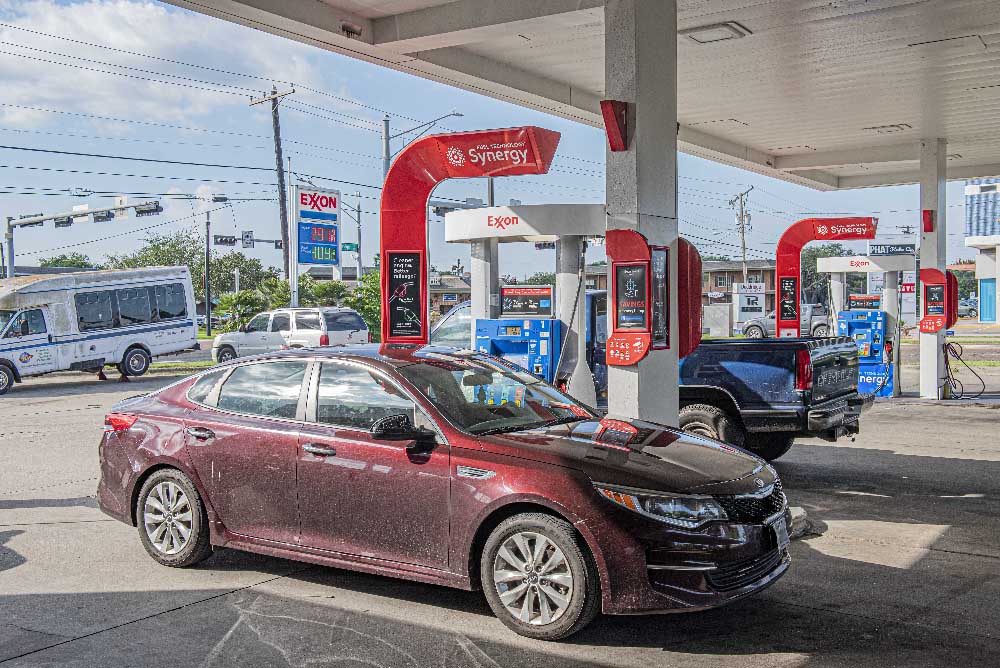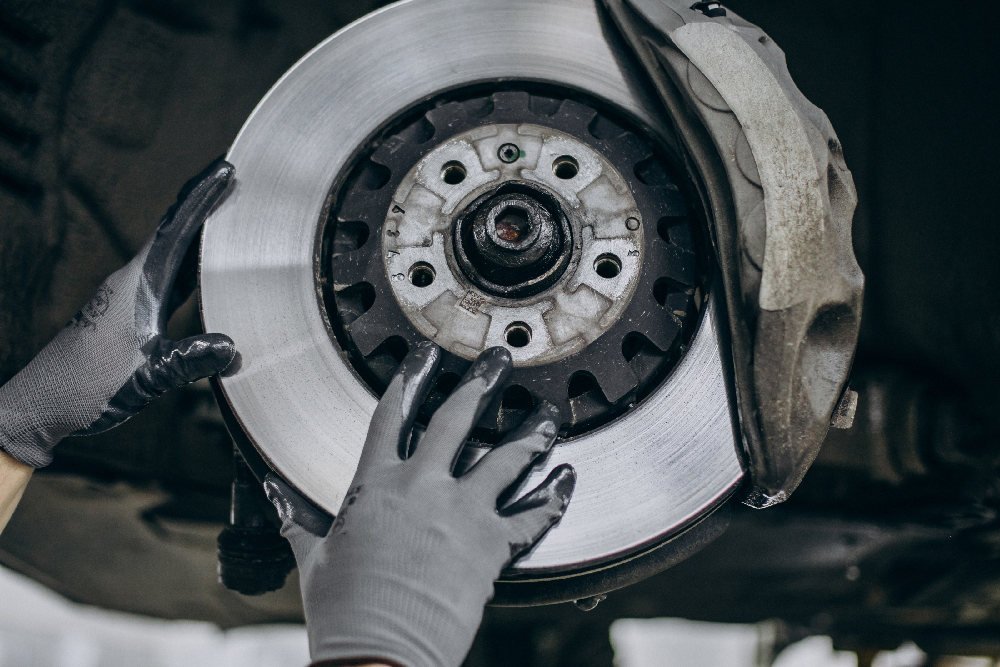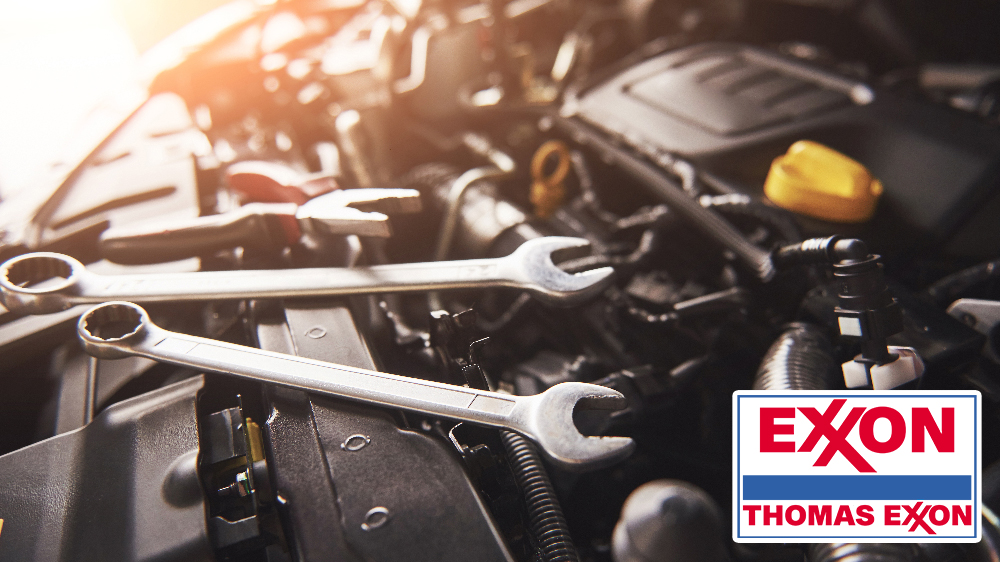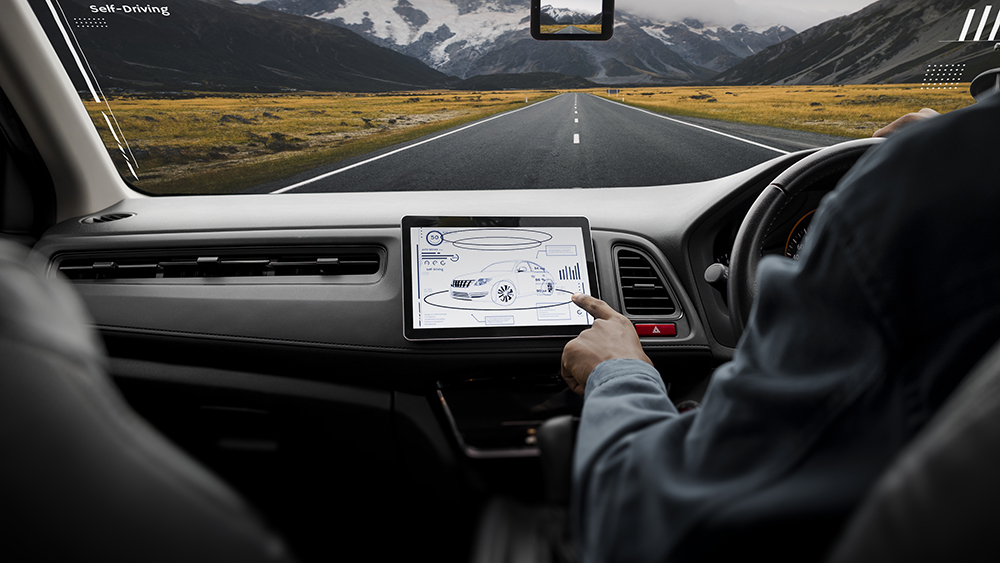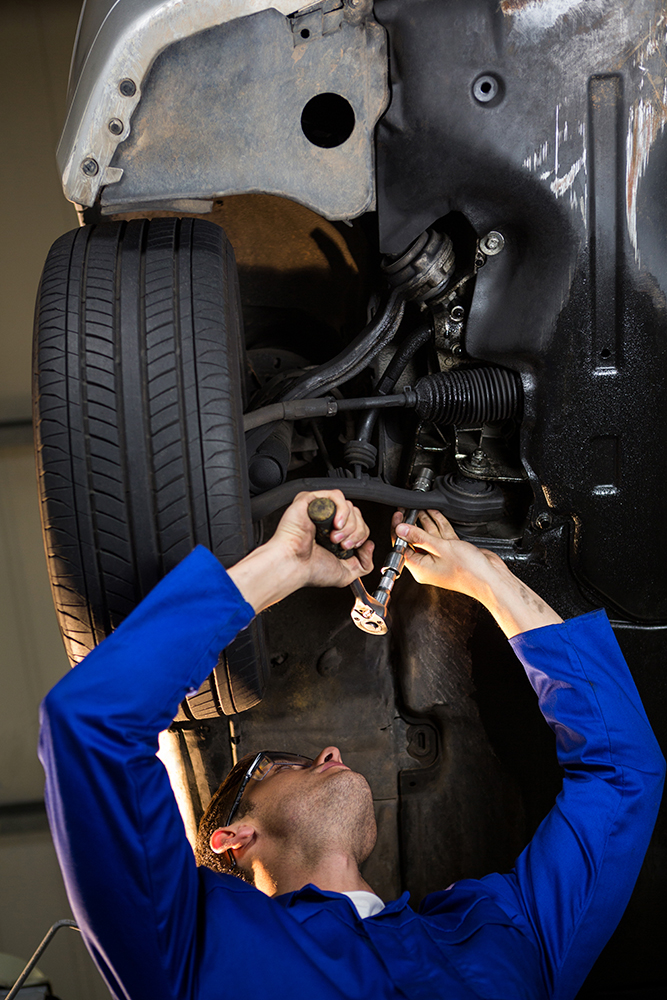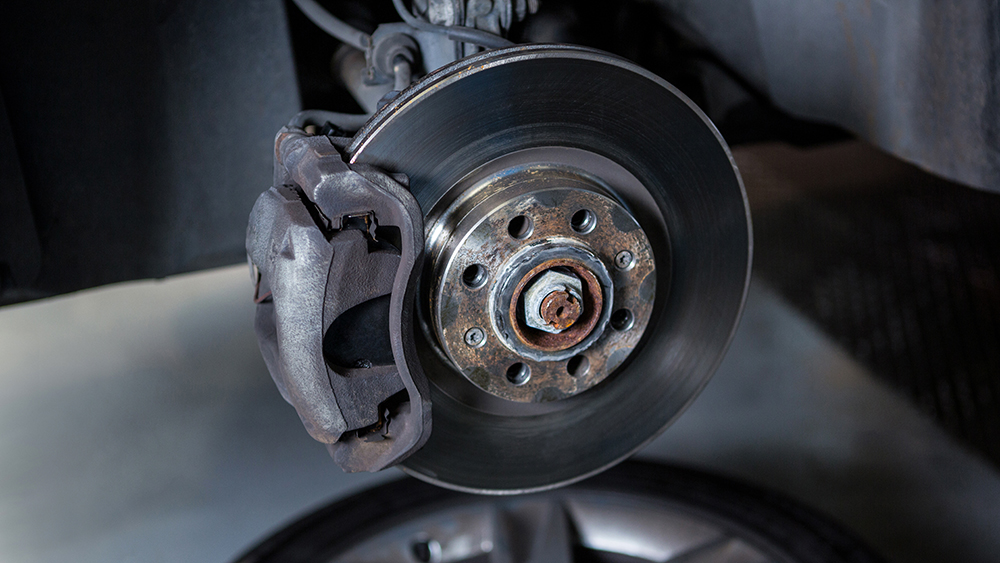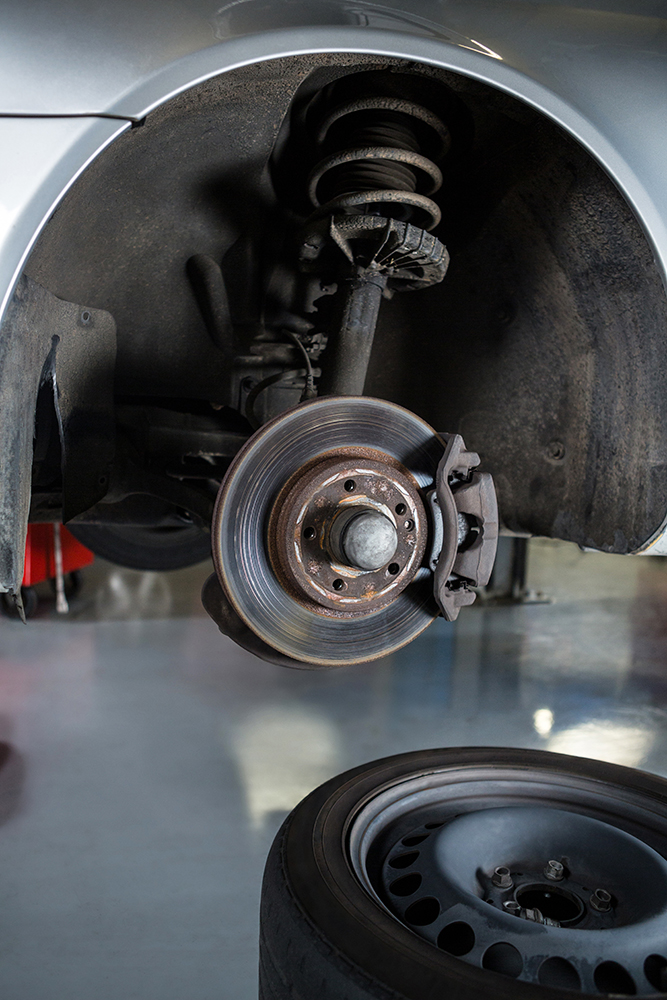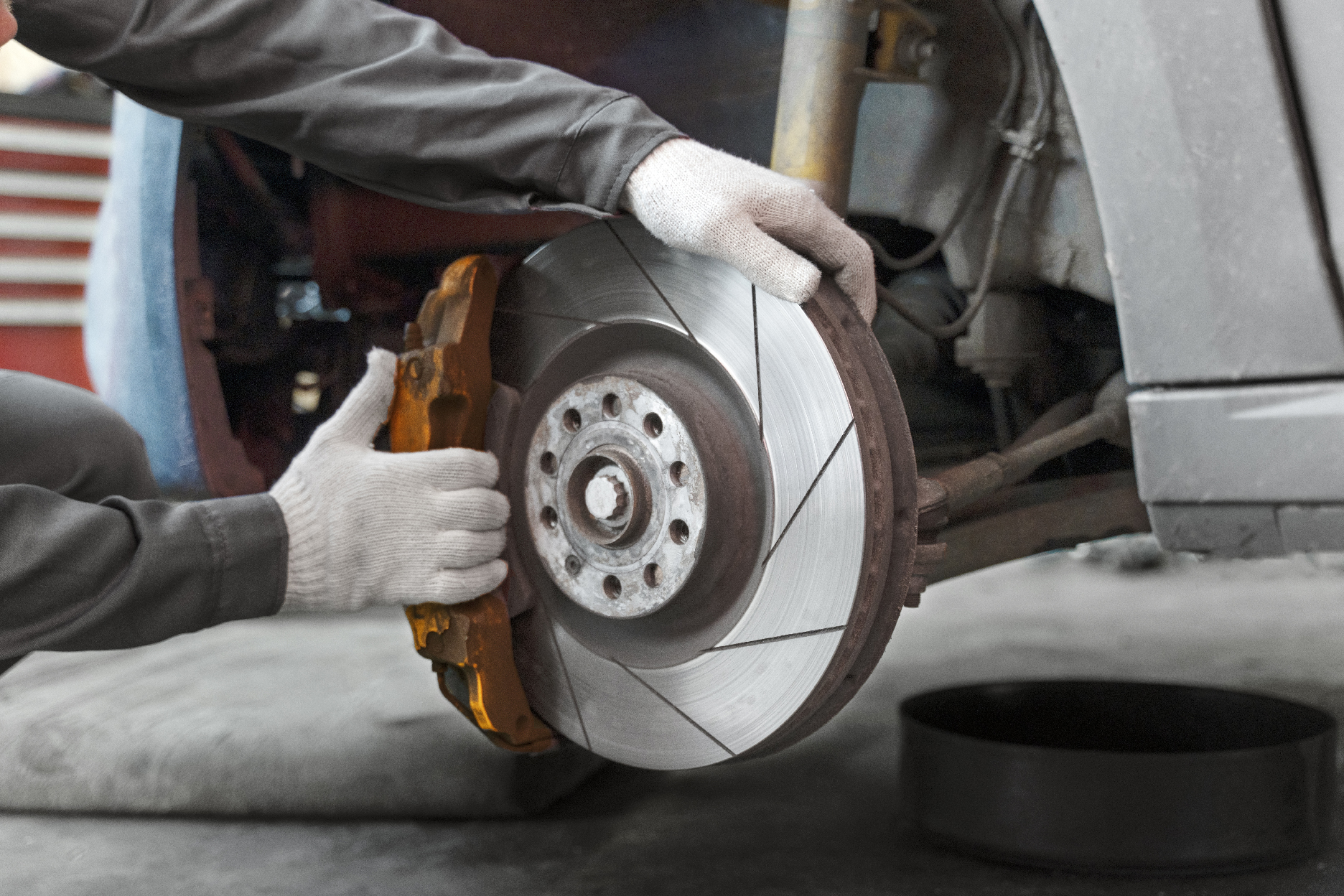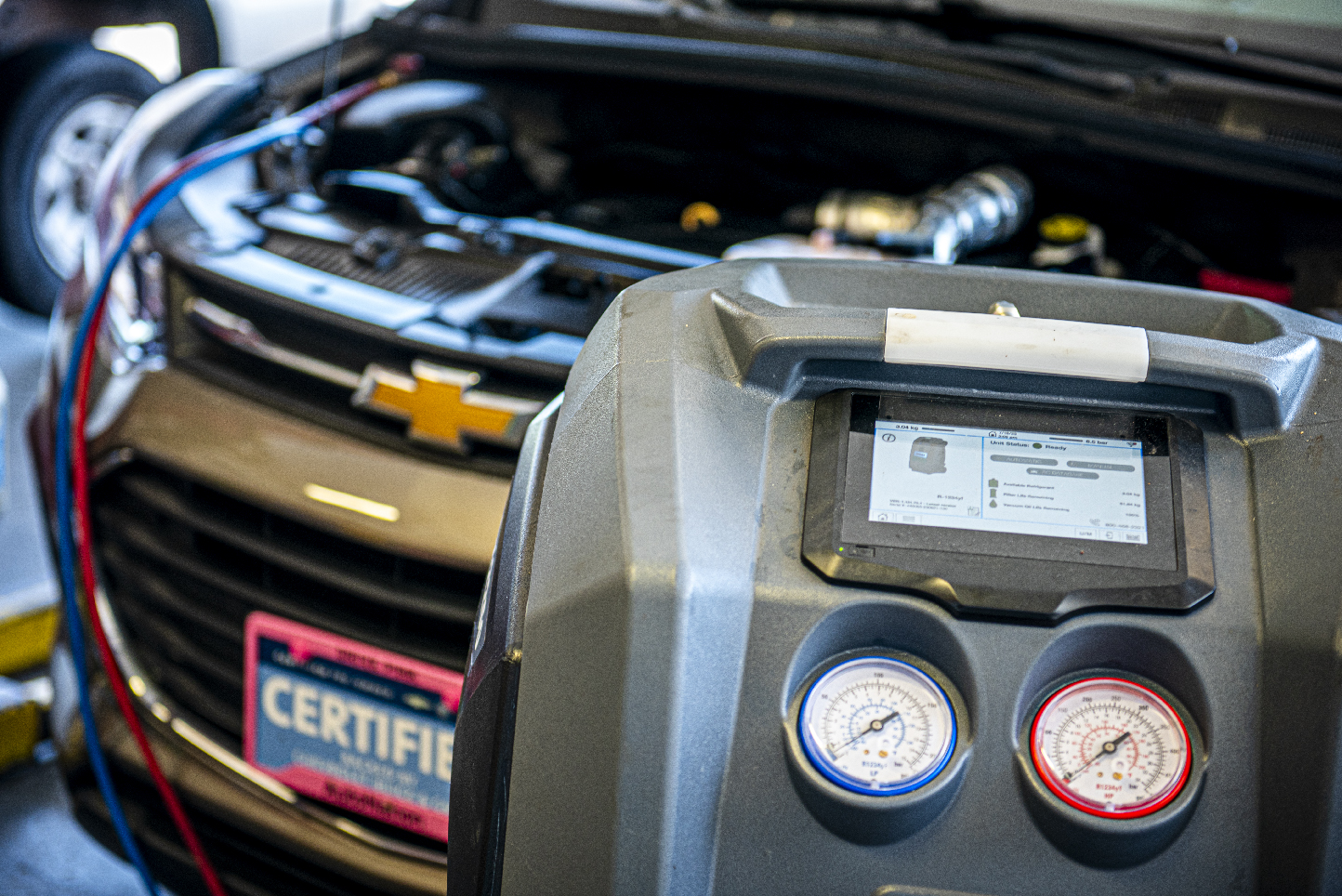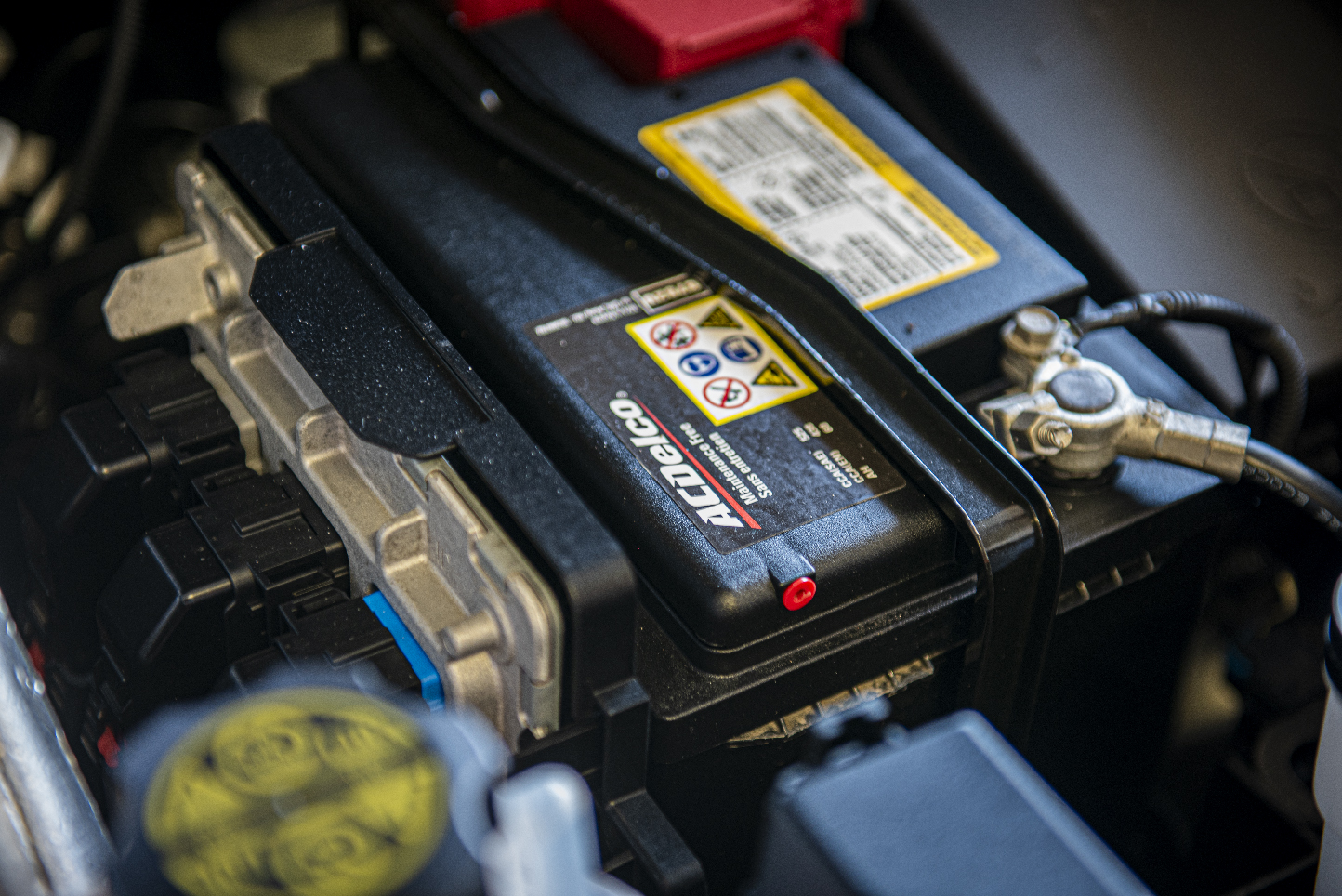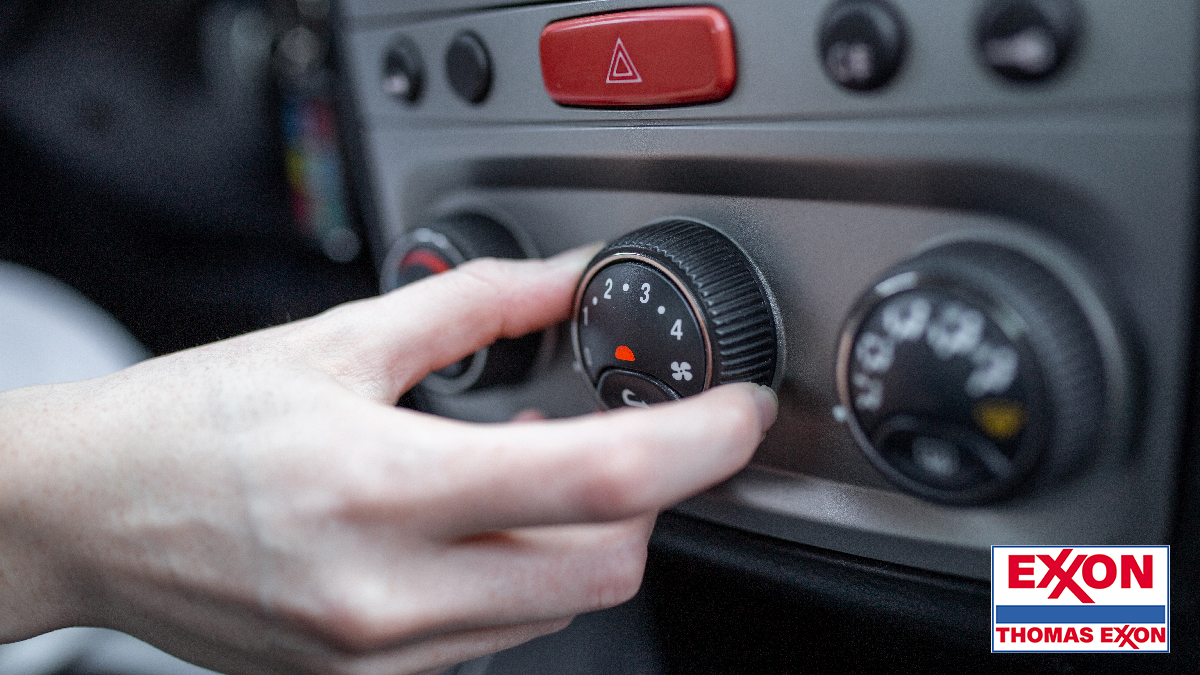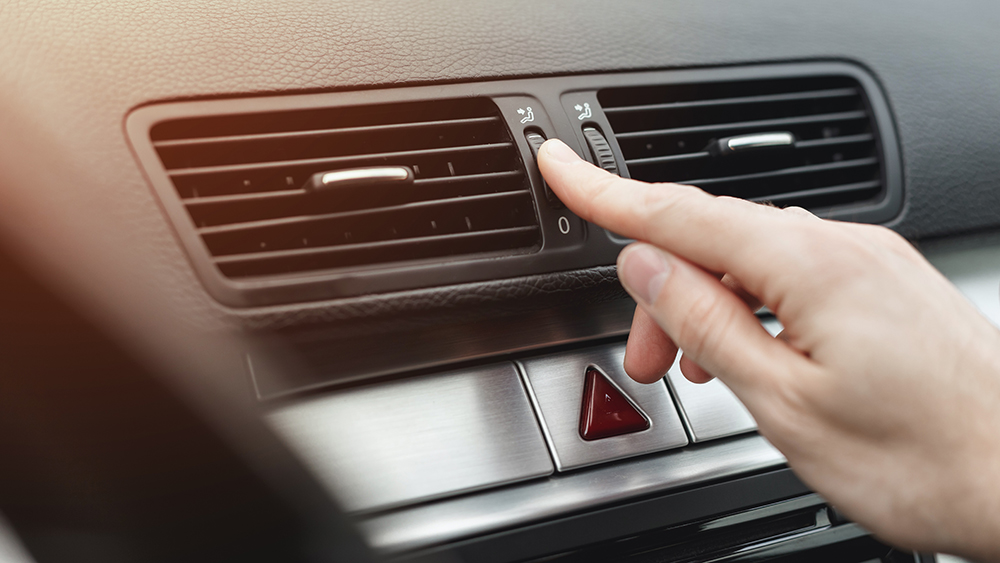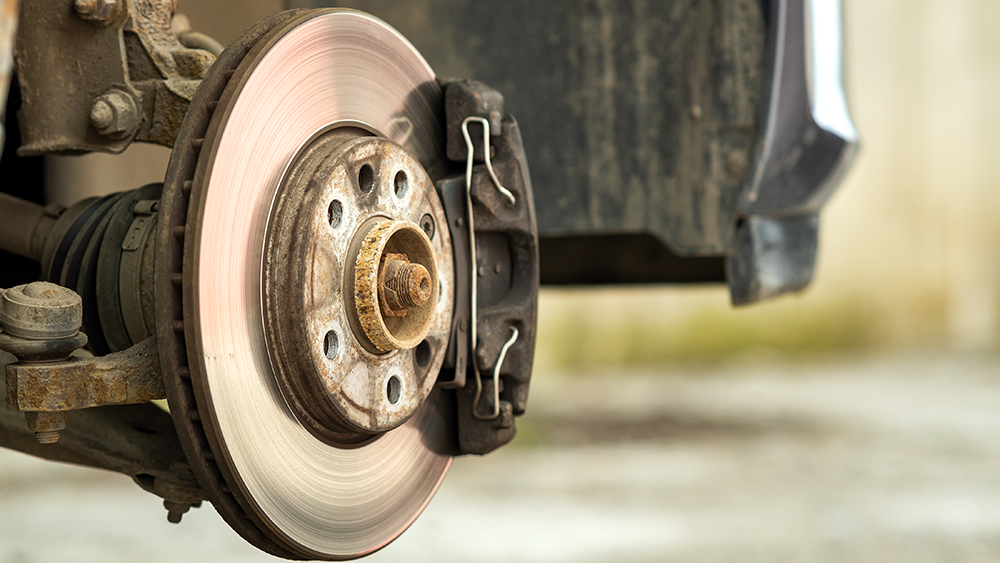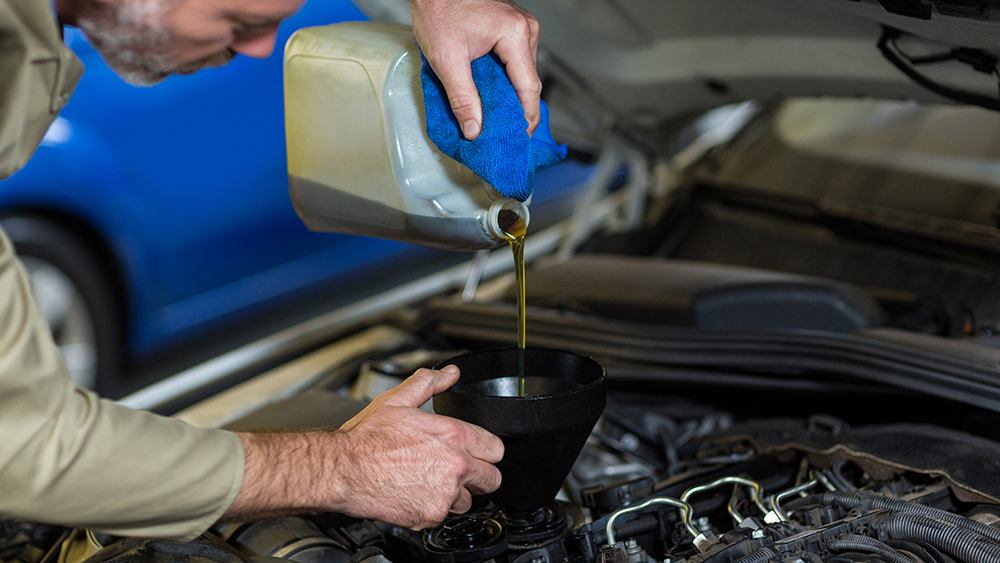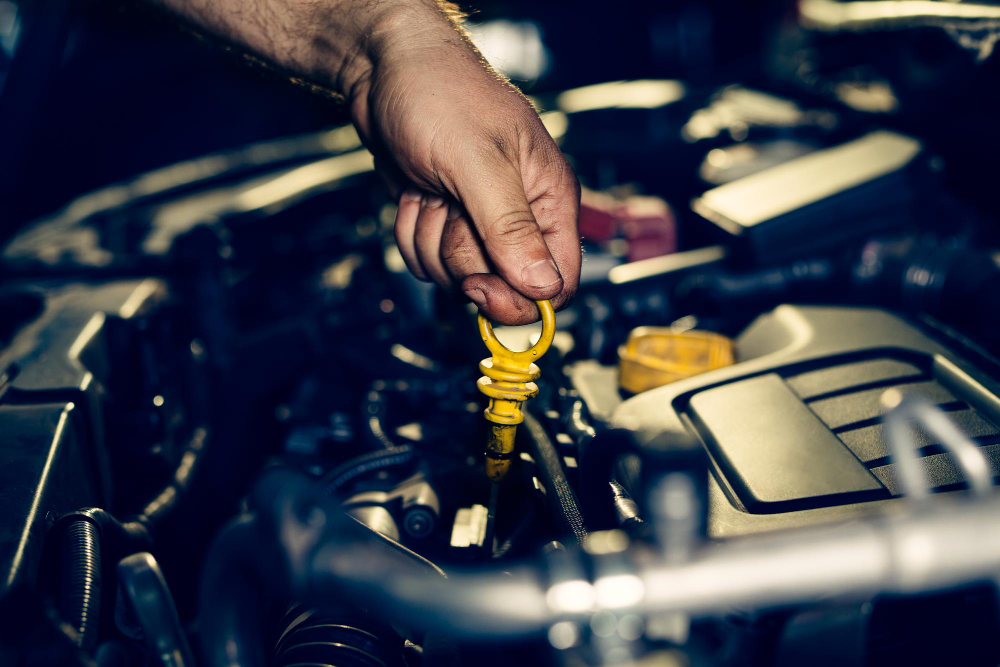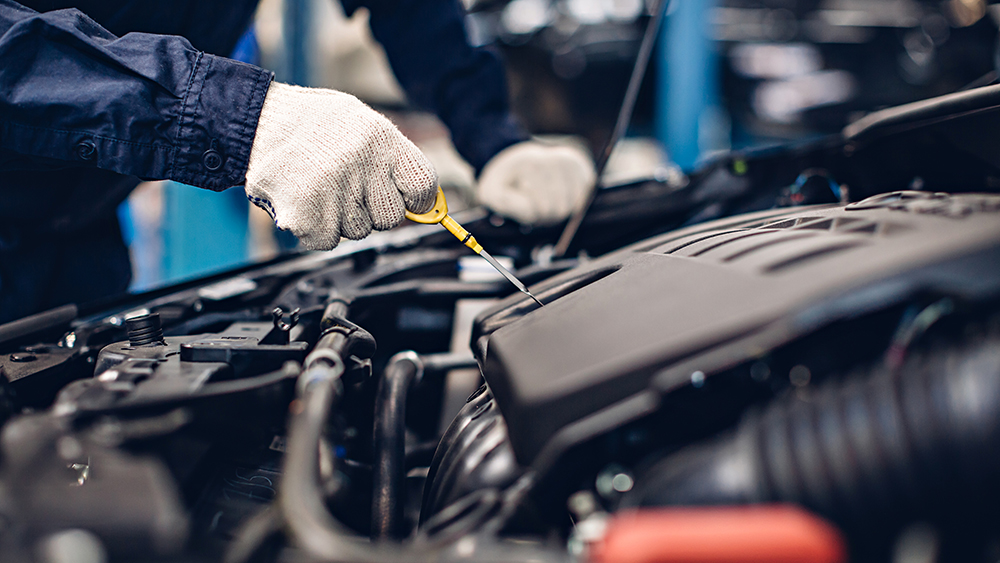Common Brake Problems: Diagnosis and Solutions
Maintaining a safe and reliable vehicle requires attention to various components, and one of the most crucial aspects is your car’s brakes. Brake problems can manifest in various ways, from annoying squeaking sounds to alarming grinding sensations and pulsating brakes. Ignoring these warning signs can compromise your safety on the road. In this article, we will delve into the most common brake issues, break repairs, how to diagnose them, and the steps you can take to address them. Whether you reside in Corpus Christi, Texas, or anywhere else, regular car maintenance is essential to ensure your brake system remains in optimal condition. However, should you find yourself in need of brake repairs or maintenance services, consider turning to Thomas Exxon, a trusted name in car repair.
Break Repairs: Squeaking Brakes
Squeaking brakes are one of the most common brake problems that drivers encounter. When you press the brake pedal, if you hear a high-pitched squeak or squeal, it’s time to pay attention to brake repairs. This noise is usually caused by the wear indicator, a small piece of metal embedded in the brake pads. As the brake pads wear down, this indicator comes into contact with the rotor, creating that unmistakable noise.
To diagnose and address squeaking brakes, follow these steps:
- Inspection: Begin by safely raising your vehicle and removing the wheels to access the brake pads. Inspect the thickness of the pads. If they are worn down significantly, it’s time for replacement.
- Cleaning: Sometimes, brake squeaking can occur due to debris or dust buildup on the brake pads or rotor. Clean the brake components thoroughly with a brake cleaner and a wire brush.
- Lubrication: Apply brake grease or anti-squeal compound to the back of the brake pads. This helps reduce friction and noise.
- Replacement: If your brake pads are severely worn, replace them immediately. Worn-out brake pads can lead to reduced braking efficiency and brake safety concerns.
Break Repairs: Grinding Brakes
Grinding noises when applying the brakes are more serious than squeaking sounds and should not be ignored. This issue is often a clear indication that your brake pads have worn down completely, and the metal backing of the pads is now making direct contact with the rotor. Ignoring this problem can lead to extensive damage to the brake system, including the rotor, which are costly repairs.
Here’s how to diagnose and address grinding brakes:
- Inspection: As with squeaking brakes, start by safely raising the vehicle and removing the wheels. Inspect the brake pads, and if they are worn down to the metal, immediate replacement is necessary.
- Rotor Inspection: Inspect the rotor for deep grooves or scoring. If the rotor’s surface is significantly damaged, it may also need to be replaced or resurfaced.
- Replacement: Replace both the brake pads and the rotors if they show severe wear. It’s essential to replace them as a set to ensure proper braking performance.
Break Repairs: Pulsating Brakes
Pulsating or vibrating brakes can be a disconcerting experience while driving. This problem often occurs due to uneven wear of the brake rotor, resulting in an uneven braking surface. When you apply the brakes, you may feel a pulsating sensation through the brake pedal, which can compromise your ability to stop effectively.
Here’s how to diagnose and address pulsating brakes:
- Inspection: Lift the vehicle and remove the wheels to access the brake components. Inspect the brake rotor’s surface for irregularities, such as grooves, warping, or thickness variations.
- Resurfacing or Replacement: Depending on the severity of the rotor damage, you can either have the rotor resurfaced by a professional or replace it altogether. Resurfacing can restore a smooth braking surface, but if the rotor is heavily damaged, replacement is the safer option.
- Caliper and Bracket Inspection: Check the brake calipers and brackets for proper operation. Sticking or unevenly applied calipers can also cause pulsating brakes.
- Proper Torque: When reinstalling the wheels, ensure that the lug nuts are tightened to the manufacturer’s recommended torque specifications. Unevenly tightened lug nuts can lead to rotor warping.
Addressing Brake Repairs & Fluid Issues
While the issues mentioned above primarily pertain to the brake pads and rotors, it’s essential not to overlook the importance of brake fluid in your car’s brake system. Brake fluid plays a crucial role in transmitting the force from the brake pedal to the brake pads, ultimately slowing down or stopping your vehicle. Problems with brake fluid can have severe consequences for brake safety and performance.
Common brake repairs & fluid issues include:
- Brake Fluid Contamination: Over time, brake fluid can become contaminated with moisture, dirt, and debris. Contaminated brake fluid can lead to reduced braking performance and increased risk of brake system corrosion.
- Brake Fluid Leaks: Any visible brake fluid leaks, whether from the master cylinder, brake lines, or calipers, should be addressed promptly. Leaks can lead to a loss of brake fluid, resulting in brake failure.
- Brake Fluid Boiling: In extreme conditions, such as heavy braking during long downhill descents, brake fluid can overheat and boil. This can result in a soft brake pedal and reduced braking effectiveness.
Diagnosing and addressing brake repairs & fluid issues require a different approach:
- Inspection: Check the brake fluid level in the master cylinder reservoir. If it’s low, this may indicate a leak or excessive wear in the brake system.
- Fluid Exchange: Regular brake fluid exchanges, as part of your car’s maintenance schedule, can help prevent contamination and maintain brake system integrity.
- Leak Detection: Inspect all brake lines, connections, and components for any signs of leakage. Address any leaks immediately to prevent further issues.
- Brake Fluid Quality: Ensure you use the correct type of brake fluid recommended in your vehicle’s owner’s manual. Different brake systems require specific types of brake fluids.
Trust Thomas Exxon With Your Brake Repair, Alignment, and Suspension Services
Maintaining a safe and reliable braking system is paramount for your vehicle’s overall safety. Regular car maintenance, including routine checks of your brake pads, rotors, and brake fluid, can help prevent common brake problems and ensure your car’s brake safety. Whether you’re in Corpus Christi, Texas, or any other location, staying proactive about your vehicle’s maintenance can save you money and keep you safe on the road.
However, if you ever find yourself facing brake issues that require professional attention, don’t hesitate to contact experts like Thomas Exxon. Thomas Exxon, located in Corpus Christi, Texas, is your trusted partner in car repair, brake maintenance, and brake repairs. Their experienced technicians are well-equipped to diagnose and address any brake-related concerns, ensuring your vehicle runs smoothly and safely. Remember, your brakes are a critical component of your car’s safety system, and it’s always better to address problems promptly to avoid potential accidents and costly repairs down the road. Trust Thomas Exxon to keep your vehicle in top-notch condition and your brakes in perfect working order.

